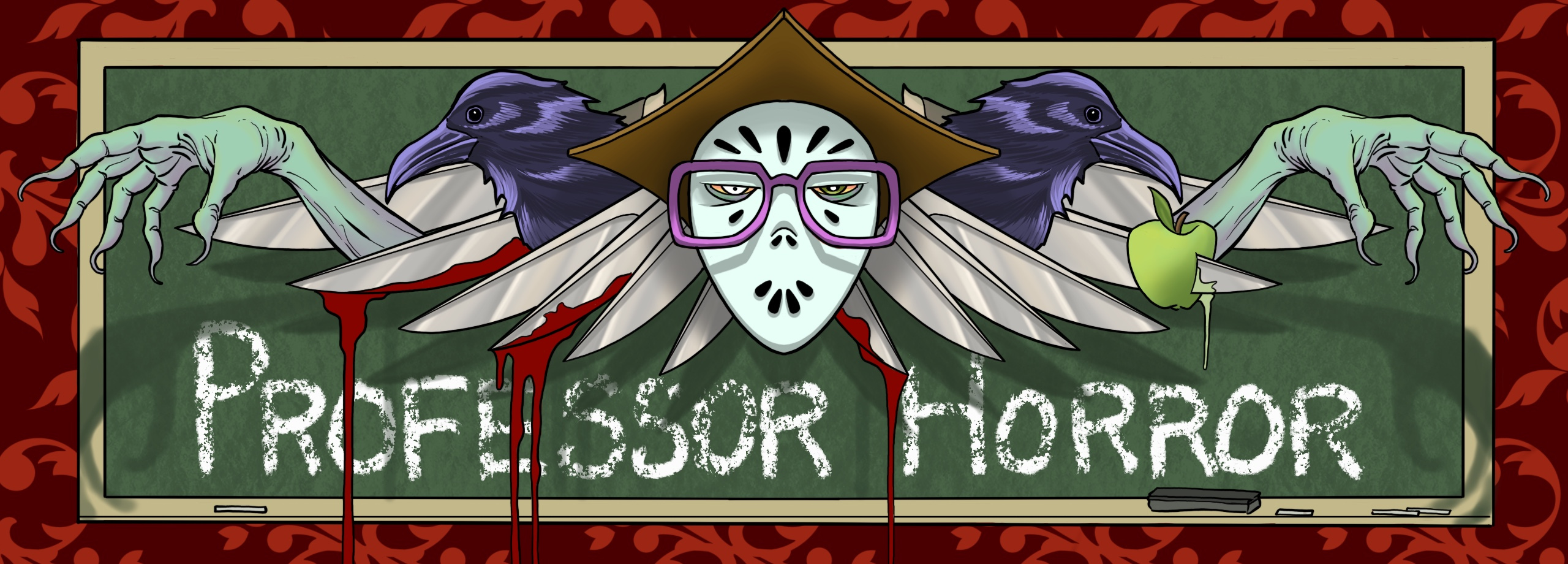
Where Horror Gets Studied, Skewered, and Celebrated.
Newest articles and reviews
“Fantasia Fest 2025 Review: REWRITE Blends Time Travel with the Bittersweet Weight of Memory”
By: Professor Horror
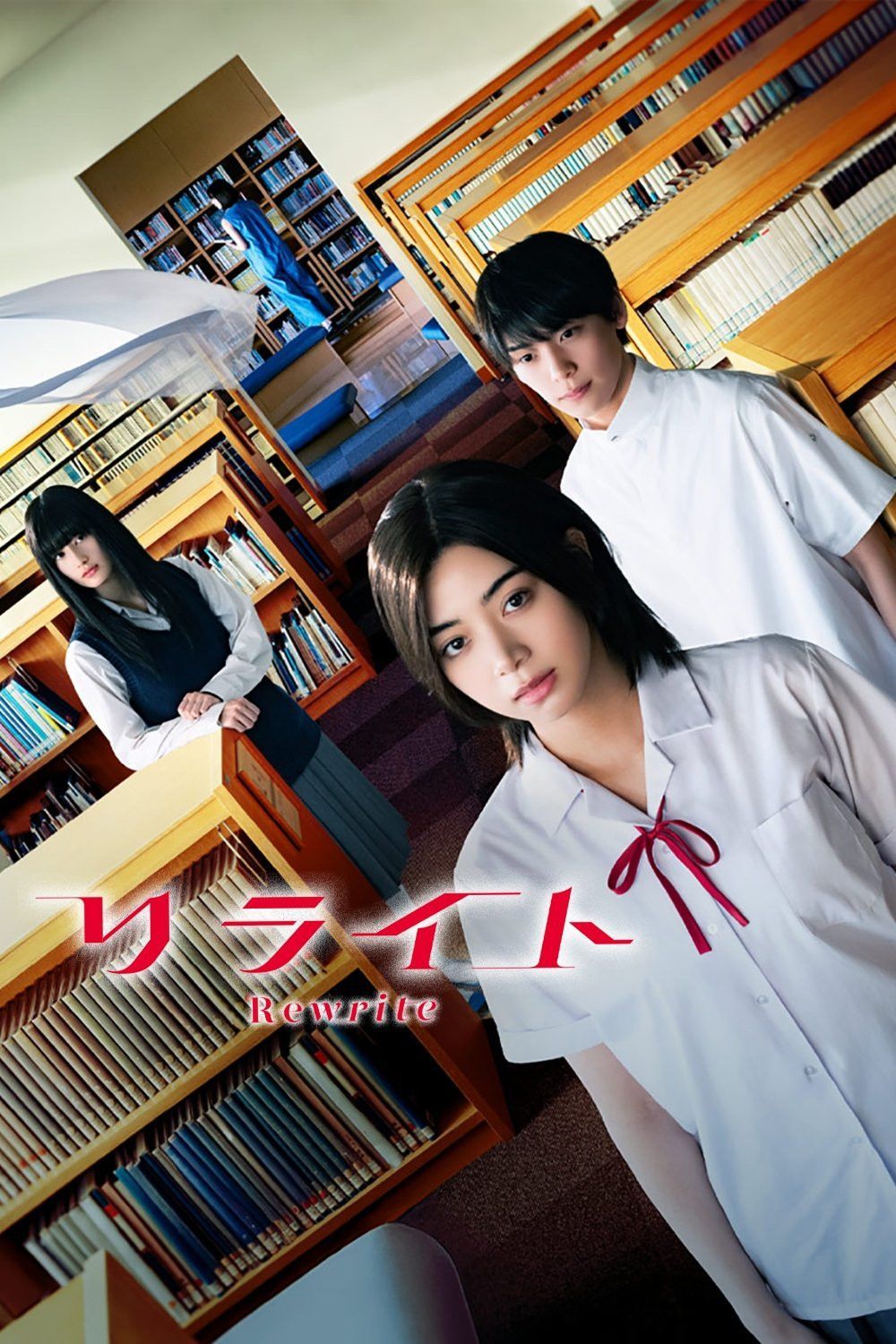
In 2021, Daigo Matsui ruined my night in the best way possible with Remain in Twilight, a tender ghost story that sneaks up on you and leaves you emotionally wrecked. That film wasn’t really about ghosts, but it was about the aftershocks of childhood friendship, the comfort and ache of nostalgia, and the inevitable grief that comes from trying to hold onto a past that no longer exists. Four years later, Matsui returns to Fantasia Fest with REWRITE, a sci-fi-infused companion piece that swaps out ghosts for time travelers, but still clings tightly to the same aching questions: Who are we without our memories? And what happens when the past we’ve built our identity on begins to unravel?
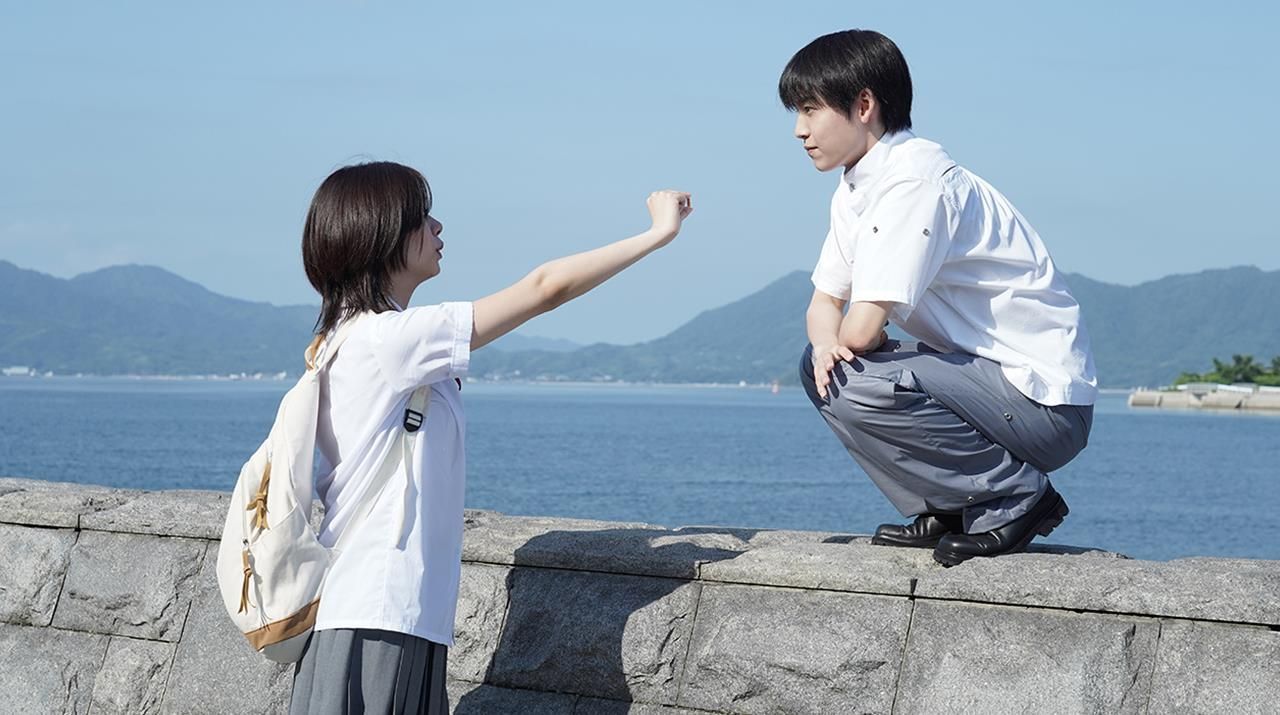
The setup is deceptively familiar: A new boy, Yasuhiko (Kei Adachi), transfers into Miyuki’s (Elaiza Ikeda) high school and quickly becomes the talk of the class. He’s cute, polite, and a little odd…but not in a bad way. It’s soon revealed that he’s not just new to the school, or even to the city…he’s new to this century. Yasuhiko is from the year 2311 and has used a time travel technique of his own invention to visit 2011. His reasons for time-hopping seem quirky at first because he’s enchanted by carnival games, sugary snacks, and the novelty of running water. But he didn’t pick this moment in history at random. In his own time he found a dusty YA romance novel at an antique shop and wanted to experience the story for himself. That novel? Written by Miyuki.
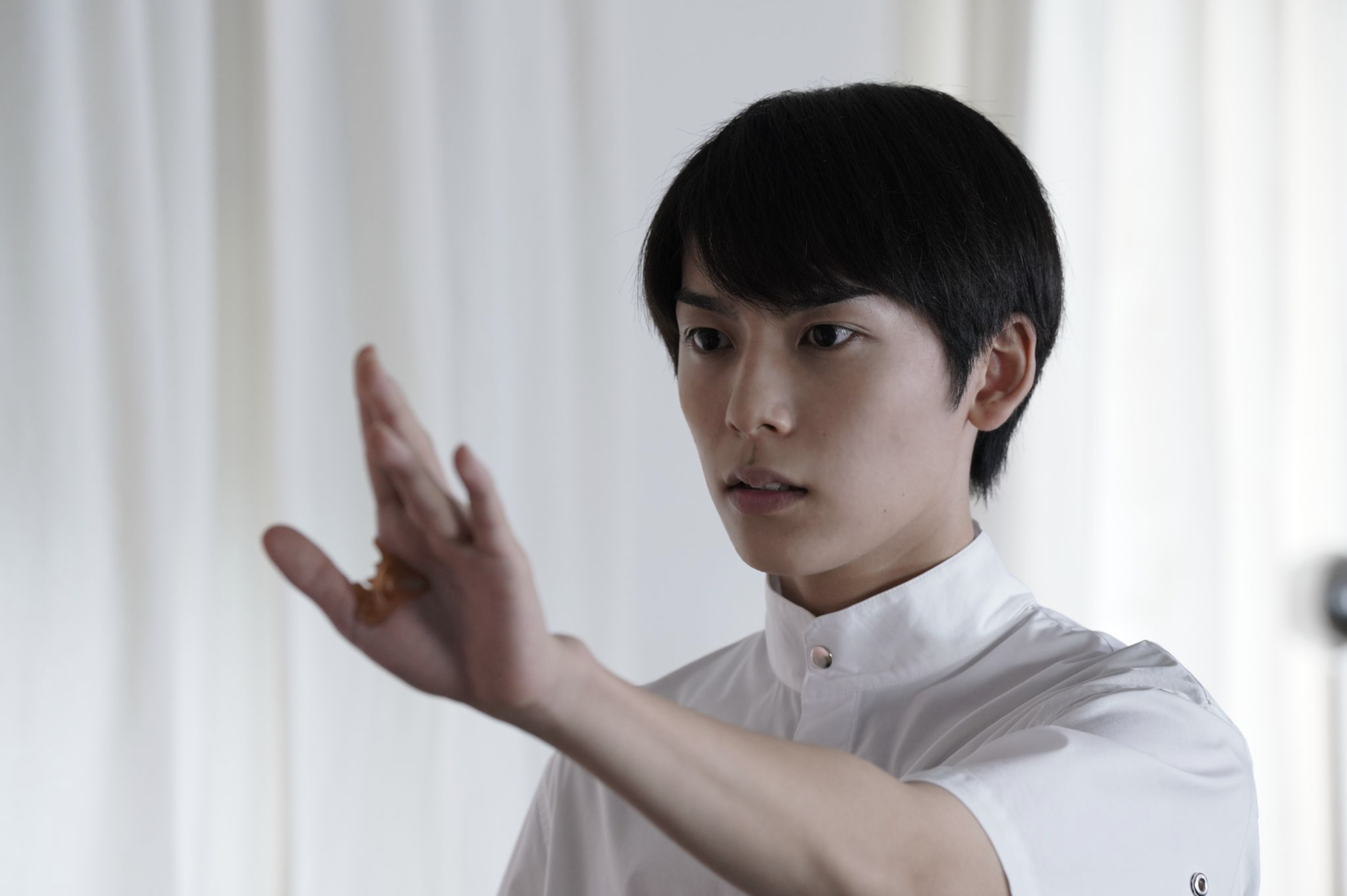
This is where the time-travel premise turns inward. After a brief trip ten years into the future, Miyuki meets her older self, who encourages her to write and to pursue the life she’s only daydreamed about. It’s a charming, hopeful encounter and the kind that feels like it should lock the time loop into place. Miyuki now has a mission: to become that novelist and to live that future. But when the moment comes for her adult self to repeat the gesture and meet her past self again, the girl never shows up. The loop breaks. The story fractures. And Miyuki is left questioning everything she thought she knew about her own life. Rather than scrambling to explain the sci-fi logistics, REWRITE leans into emotional disorientation. The film becomes a meditation on how the stories we tell ourselves…the ones about our youth, our friendships, our "meant to be" moments…are often just that: stories. As Miyuki reconnects with her old classmates and tries to piece together the events of a specific summer ten years earlier, she realizes that each of them remembers things a little differently. Yasuhiko, too, becomes less of a romantic fantasy and more of a prism: a boy who may or may not be real, but who undeniably shaped who she became.
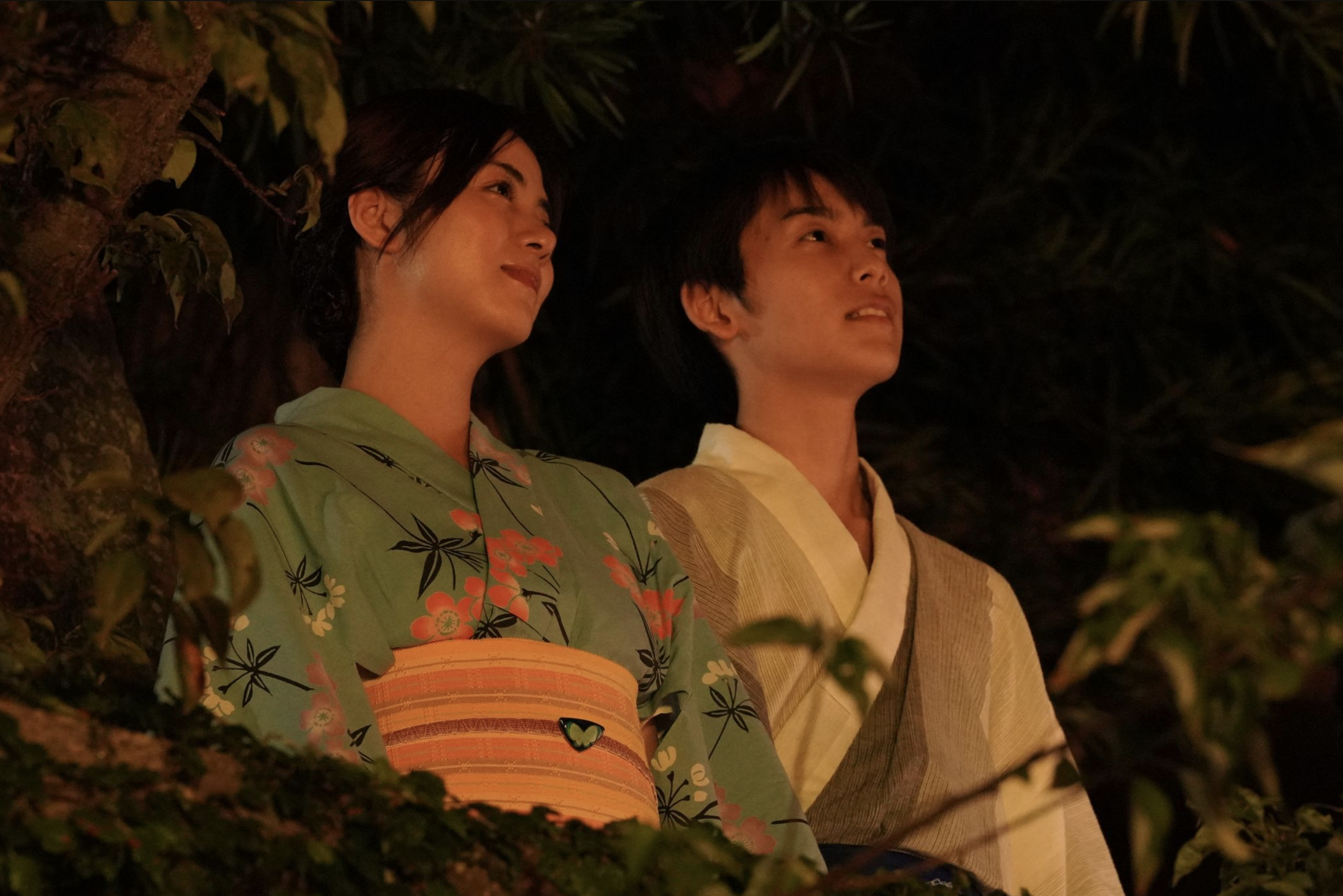
What makes REWRITE so affecting is the way it uses time travel not as a narrative gimmick, but as a tool to explore emotional truth. Matsui isn’t interested in creating a closed-loop logic puzzle à la Primer. He’s more concerned with the fuzzier terrain of memory, regret, and identity as he explores the ways our younger selves linger, echo, and sometimes haunt us. The time loop here is less about chronology and more about coming-of-age as the film takes a hard look at the moment we stop living for someone else's idea of who we should be and start confronting the messiness of who we really are. That said, the film isn’t perfect. Like most time travel narratives, it stumbles into some confusing territory. There are plot points that dangle a bit too loosely, and the time-travel mechanics can get murky if you try to pin them down. But to dwell on that would be missing the point. REWRITE isn’t about perfect sci-fi logic. It’s about the moments that shape us, even when we don't fully understand them at the time.
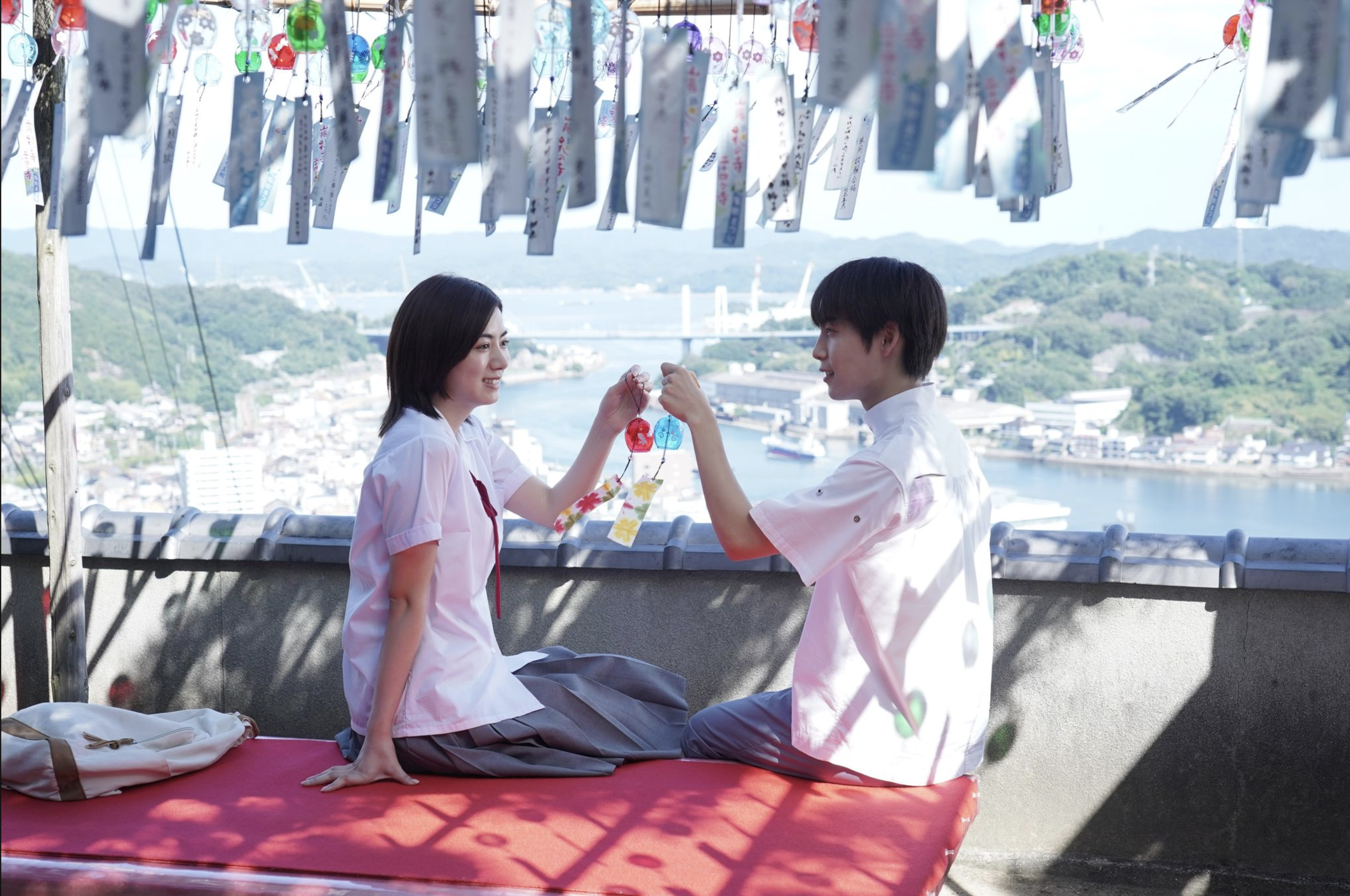
The film takes a meaningful turn around its halfway point. What begins as a sweet, slightly silly teen romance gradually evolves into something much deeper and more melancholic. It asks: What if a brief childhood encounter (something that should feel minor or fleeting) actually altered the entire course of your life? What if the memory of a person, or even the idea of who they were, became the fuel for your future? And what happens when you return to that moment only to realize your memory got it wrong? Matsui’s gift lies in that subtle shift from whimsy to wistfulness. He reminds us that the past isn’t just something we carry. It’s something we rewrite every time we remember it. REWRITE is about that rewriting of dreams, of stories, of self. It’s about realizing that you can’t always relive the past, but you can make peace with it. Or at least, try. By the time the final scene came to a close, I was quietly wrecked all over again. Matsui didn’t need a ghost this time. Just a memory, a moment, and a maybe.
About Professor Horror
At Professor Horror, we don't just watch horror: we live it, study it, and celebrate it. Run by writers, critics, and scholars who've made horror both a passion and a career, our mission is to explore the genre in all its bloody brillance. From big-budget slashers to underground gems, foreign nightmares to literary terrors, we dig into what makes horror tick (and why it sticks with us). We believe horror is more than just entertainment; it's a mirror, a confession, and a survival story. And we care deeply about the people who make it, love it, and keep it alive.